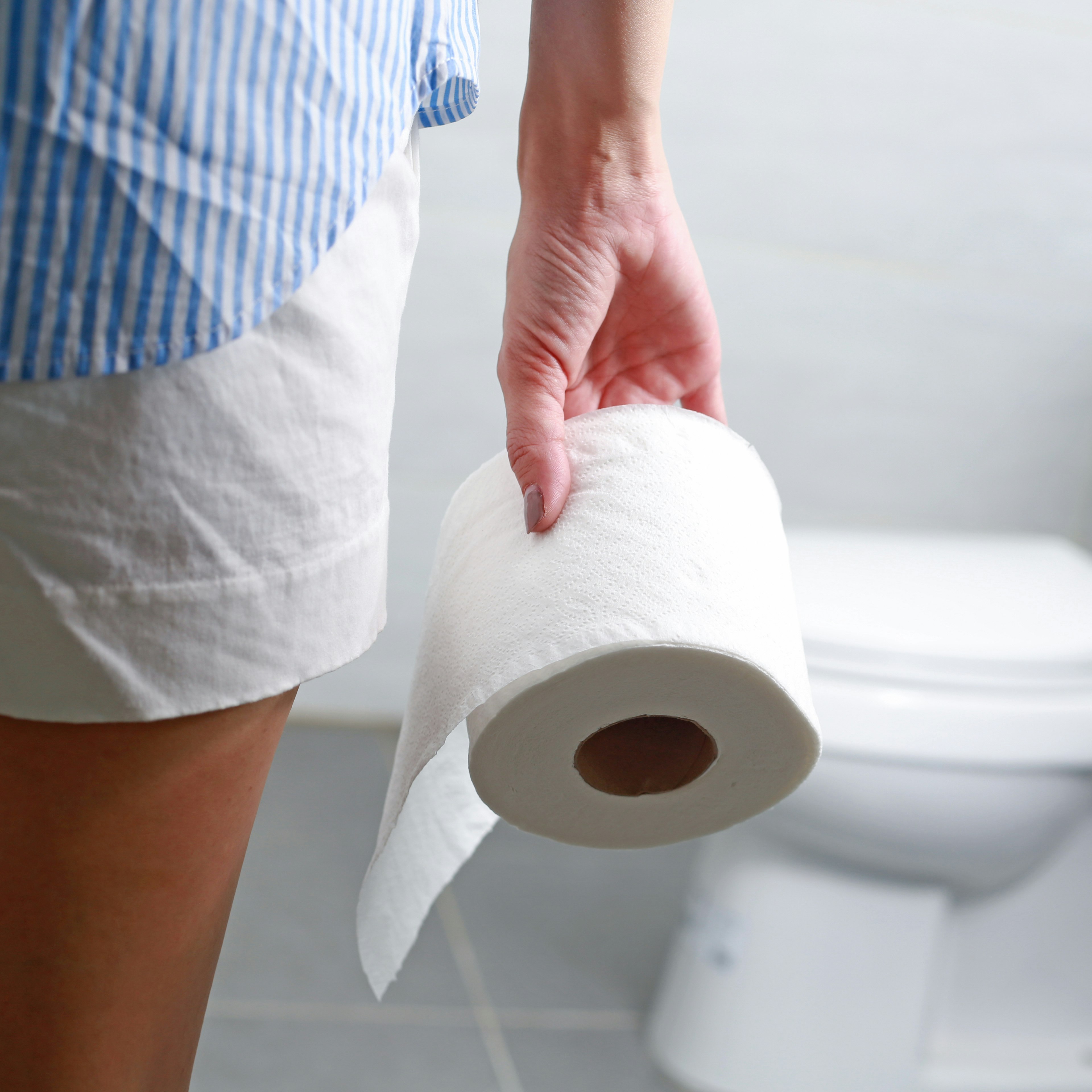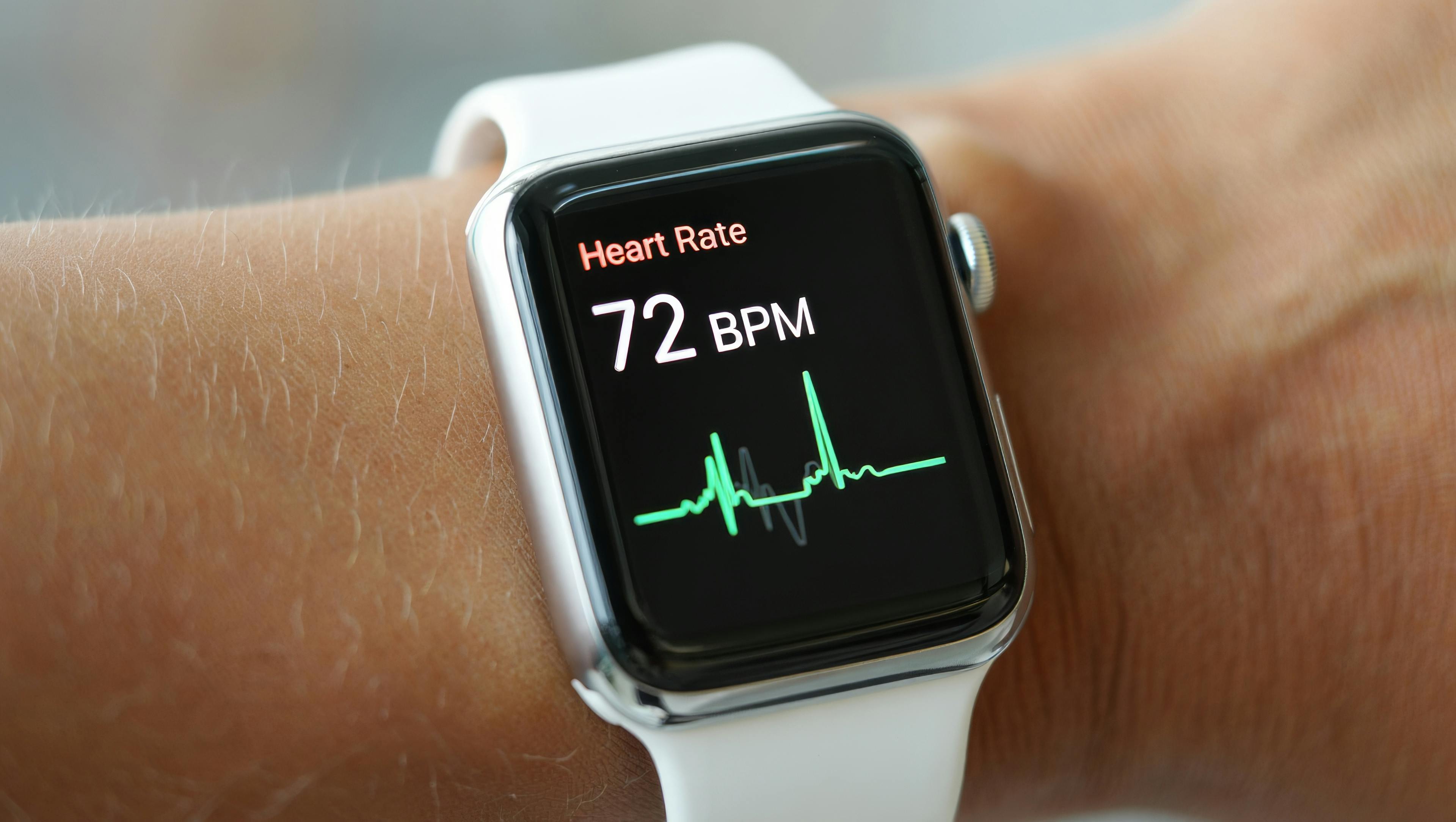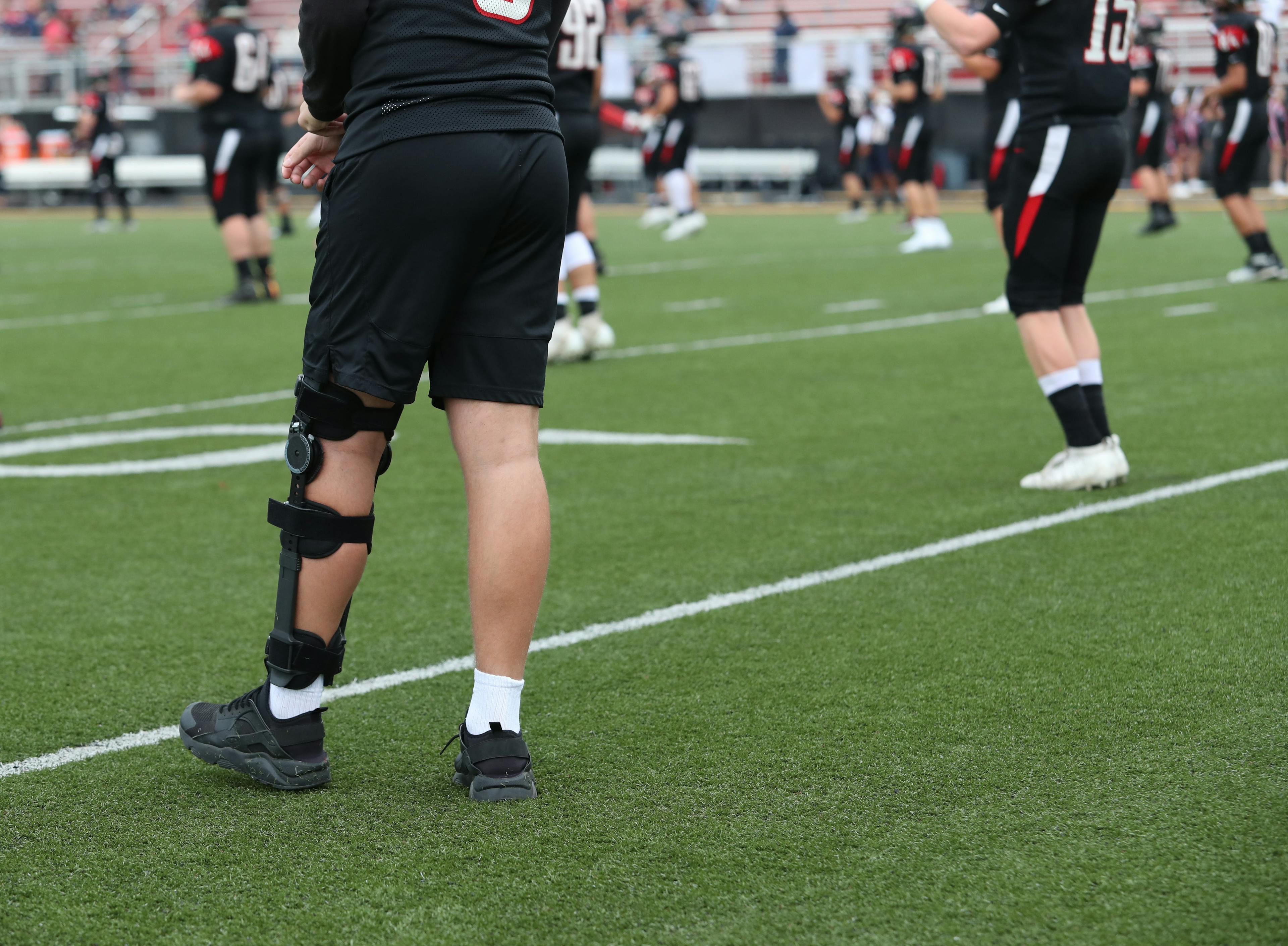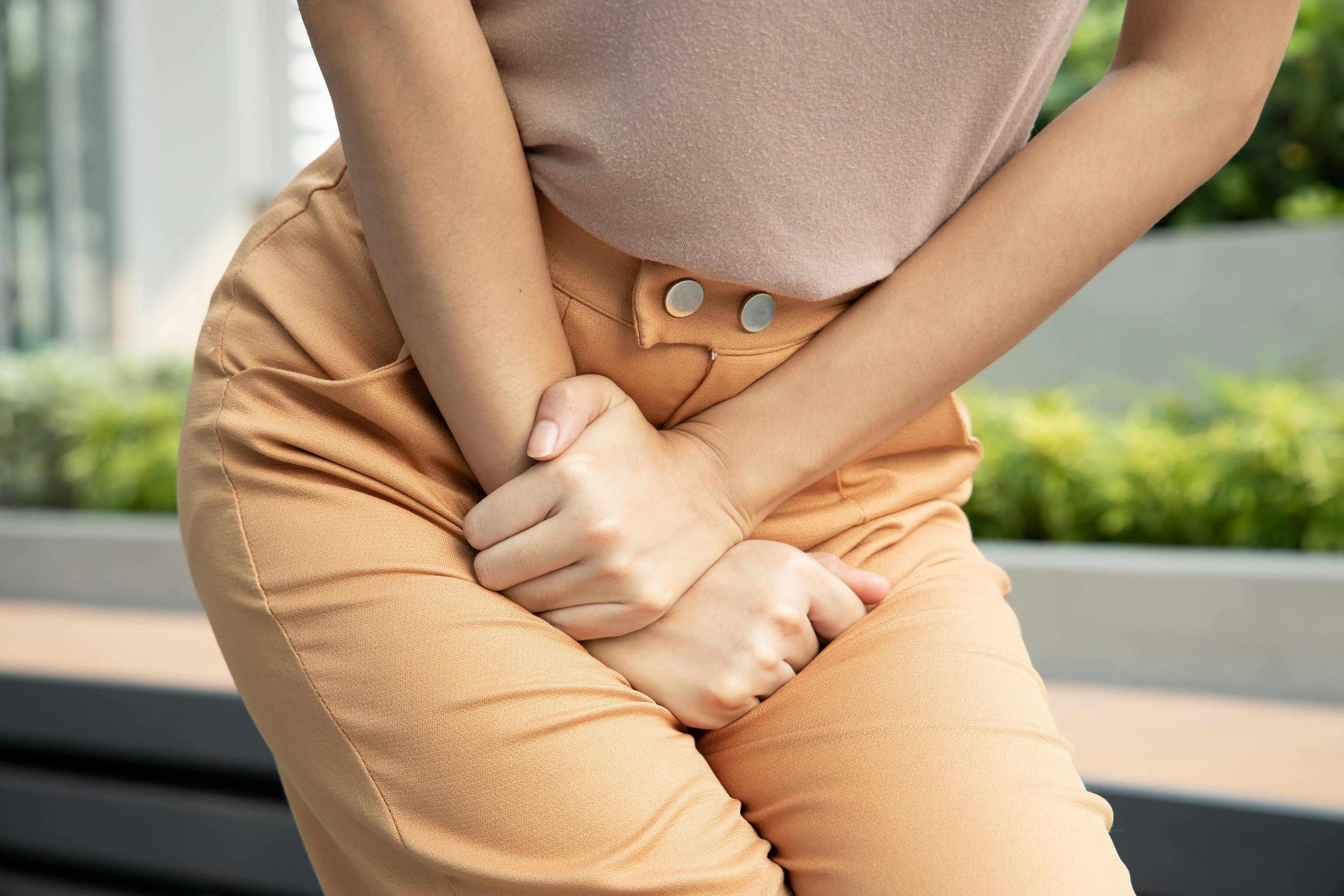Running to the bathroom more often than usual can be frustrating, and it may also be a sign that something deeper is happening in your body. While it is normal to urinate about 6 to 8 times per day, needing to go more frequently could signal an underlying issue. This guide explains what frequent urination may indicate and when to consult a doctor.
How often should you go to the bathroom?
Everyone’s bathroom habits vary based on age, fluid intake, and health. However, it is normal to urinate about 6 to 8 times per day. If you’re noticing a sudden change in urination or you’ve started urinating more than eight times per day without an obvious reason, it may be time to take a closer look.
Waking up two or more times per night to urinate, also called nocturia, is also something worth monitoring. It can be a sign of underlying conditions like diabetes, urinary tract issues, or sleep disorders such as obstructive sleep apnea.
Causes of Frequent Urination
Frequent urination can result from temporary lifestyle changes or underlying medical conditions. Understanding the most common causes can help you decide whether it is something to monitor or discuss with your doctor.
Urinary Tract Infections (UTIs)
UTIs are one of the most common causes of frequent urination, especially in women. Bacteria in the bladder or urethra can cause a urinary tract infection (UTI). This irritation often leads to a persistent urge to urinate, even when only a small amount of urine is released. You may also experience a burning sensation while urinating, along with cloudy or strong-smelling urine.
UTIs should never be ignored. If left untreated, they can spread to the kidneys and lead to more serious complications.
Overactive Bladder
An overactive bladder causes a sudden and intense urge to urinate that can be difficult to control and may sometimes lead to leakage. It usually is not caused by an infection but results from abnormal nerve signals or involuntary bladder muscle contractions. OAB can significantly disrupt daily life and sleep but is often manageable with lifestyle changes, medication, or other treatments.
Diabetes or High Blood Sugar
Frequent urination, especially when combined with excessive thirst, fatigue, or unexplained weight loss, can be an early warning sign of type 1 or type 2 diabetes. High blood sugar forces the kidneys to work harder, which produces more urine as the body tries to remove excess sugar.
Diuretics
Some medications, such as diuretics used for high blood pressure, are designed to increase urination.
These medications help the body eliminate excess salt and water, which can lead to more frequent trips to the bathroom.
High Fluid Intake
Drinking large amounts of fluids, especially those containing caffeine or alcohol, can also temporarily cause you to urinate more often.
This happens because these substances can stimulate the bladder and act as mild diuretics themselves.
Less Common Causes
Other conditions linked to frequent urination include:
- Enlarged prostate (in men)
- Bladder stones or infections
- Interstitial cystitis (chronic bladder inflammation)
- Pregnancy (especially in the first and third trimesters)
- Neurological diseases, such as Parkinson’s disease or Alzheimer’s disease
- Anxiety or pelvic floor dysfunction
Natural Home Remedies for Frequent Urination
Keeping a bladder diary is a helpful tool for understanding your symptoms. Track how often you urinate, how much fluid you consume, and any other symptoms such as urgency, discomfort, irritation, or nighttime trips to the bathroom.
Several lifestyle adjustments may help:
- Limit caffeine and alcohol, especially in the afternoon or evening, as they are known to irritate the bladder
- Reduce how much fluid you drink in the evening to minimize nighttime trips
- Practice pelvic floor exercises, such as Kegels, to strengthen bladder control
- Try using the bathroom at scheduled intervals rather than waiting for the urge
When to See a Doctor for Frequent Urination
Don’t ignore changes that seem out of the ordinary. Speak with your primary care provider or urologist if you experience:
- Urination more than 8 times per day without increased fluid intake
- Frequent nighttime trips to the bathroom
- Pain, burning, or a strong sense of urgency when urinating
- Blood in your urine
- Additional symptoms like increased thirst, fatigue, or unexplained weight changes
In many cases, early evaluation leads to simple solutions that can improve comfort and quality of life. Your provider may recommend tests such as a urinalysis, blood work, bladder scans, cystoscopy, or imaging studies, depending on your symptoms.
Concerned About Frequent Urination? Let’s Find the Cause Together.
If you're urinating more often than usual—especially if it's affecting your daily routine or sleep—it could be your body's way of signaling an underlying issue. At CLS Health, our expert urologists in Houston are dedicated to uncovering the root cause of your symptoms and providing a treatment plan tailored to your needs. Schedule a consultation today and take the first step toward clarity, comfort, and better bladder health.





